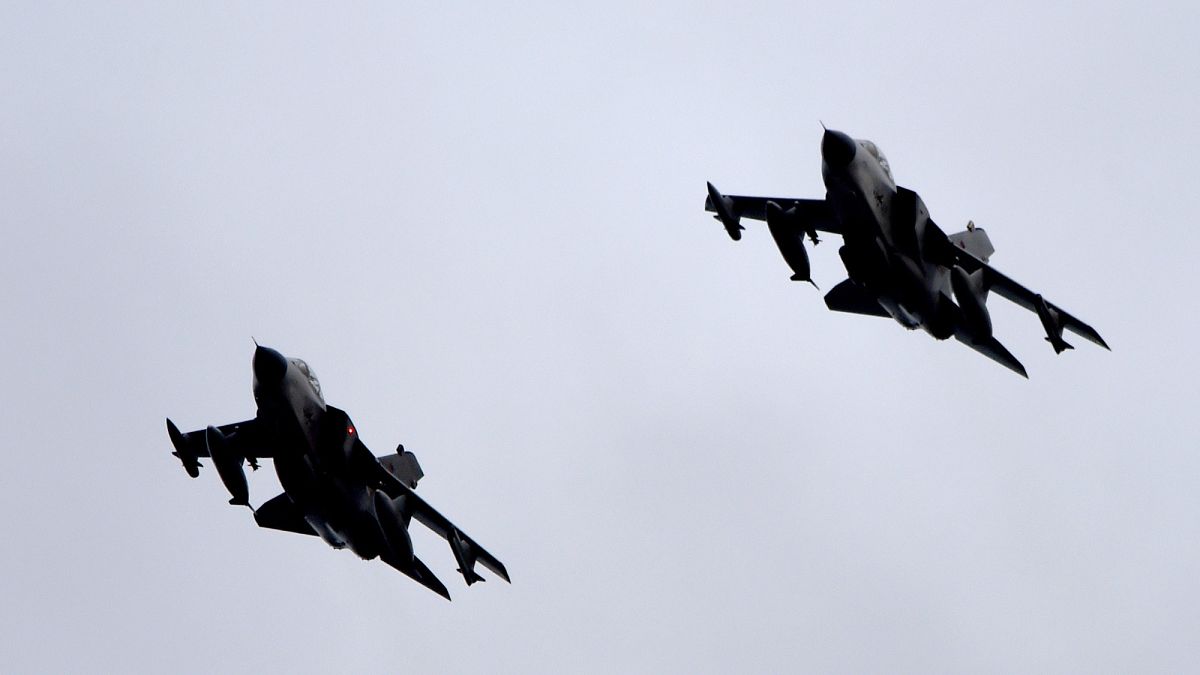

In a world that often moves at an unpredictable pace, recent events across various regions highlight the complex tapestry of global diplomacy and defense strategies. From the strategic waterways of the Red Sea to the political landscapes of Libya and the sensitive negotiations in the Middle East, each development reminds us of the intricate balance required to maintain peace and stability.
In the Red Sea, a recent incident involving a German military surveillance aircraft and a Chinese naval vessel has drawn attention to the delicate collaborations that exist in international waters. As part of the European Union mission Aspides, tasked with safeguarding civilian vessels against threats—specifically those posed by Yemen’s Houthi rebels—the German aircraft found itself targeted by a laser from a Chinese warship. Such actions have been taken seriously by Germany, as they underscore the potential risks and challenges faced by personnel engaged in peacekeeping operations. The German foreign ministry responded promptly by summoning the Chinese ambassador, expressing their concerns about the endangerment of military personnel and potential disruption of the mission. The situation, although tense, opens channels for diplomatic engagement and underscores the importance of clear communication between nations to prevent misunderstandings that could otherwise escalate.
Across the Mediterranean, Libya has found itself at the center of a diplomatic skirmish involving the European Union. Magnus Brunner, the EU migration commissioner, was declared “persona non grata” by authorities in Benghazi, signaling a breakdown in communication over complex migration issues. Libya, a country strategically located along key migration routes into Europe, remains crucial in ongoing discussions around migration control and humanitarian assistance. This cancellation of diplomatic engagement serves as a reminder of the intricacies involved in negotiating policies that balance national interests with humanitarian obligations. It is a situation that calls for patience, understanding, and a renewed commitment to dialogue, as all parties strive to find mutually beneficial solutions to shared challenges.
In the realm of peace negotiations, hopes for a swift ceasefire in Gaza have been met with a sober yet hopeful outlook. Recent comments from Qatari officials indicate that while discussions between Israel and Hamas have started, achieving a long-term ceasefire will require time. The indirect talks, facilitated by a broad U.S.-sponsored framework, aim to establish an initial 60-day ceasefire that could pave the way for lasting peace. As these delicate negotiations unfold, the world watches with cautious optimism, understanding that peace is a journey often fraught with setbacks yet driven by perseverance. The involvement of Qatar in mediating these talks highlights the critical role of regional and international actors in facilitating dialogue and advancing peace processes.
These stories, though diverse in their specifics, all share a common theme: the enduring quest for stability and peace in a multifaceted global arena. Whether through maritime defense collaborations or diplomatic negotiations, each situation invites us to reflect on the importance of calm, measured responses in the face of challenges. They remind us that while conflicts and tensions are inevitable, it is through mindful engagement and steadfast dialogues that lasting resolutions can be achieved. As global citizens, fostering an environment conducive to understanding and cooperation remains our collective responsibility.
Source: {link}
